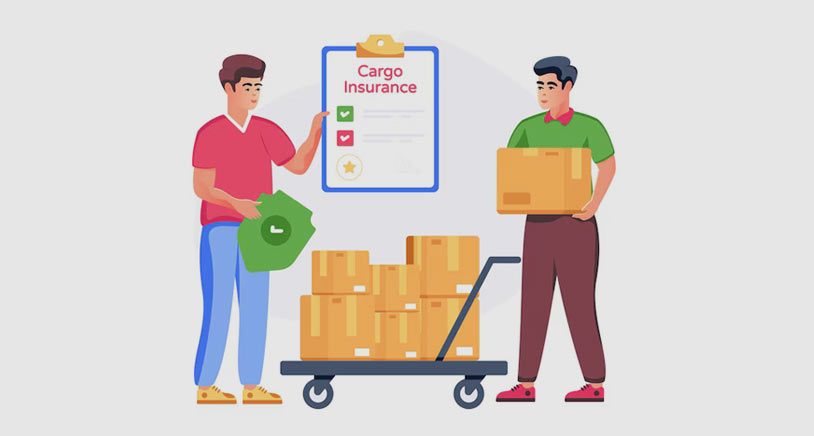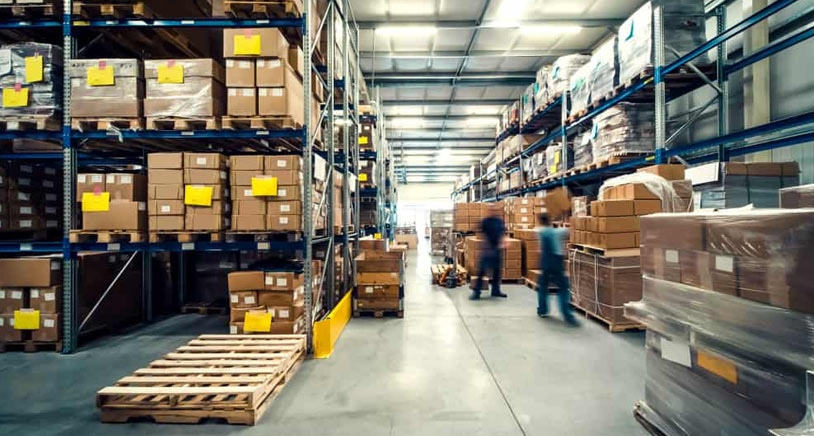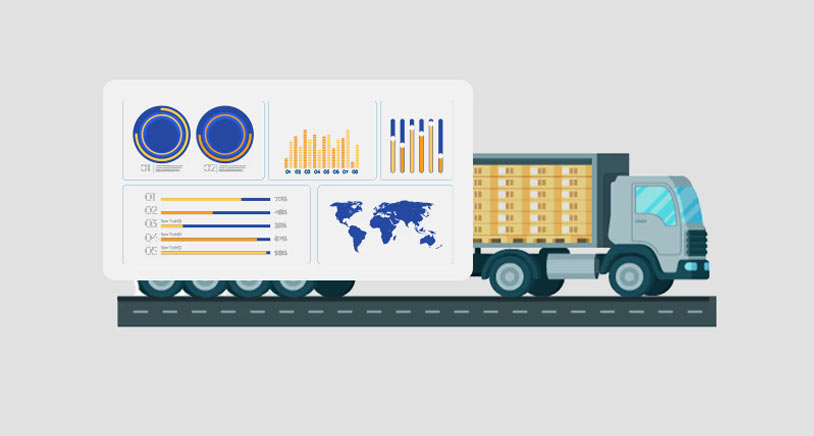Cargo insurance safeguards shipments from loss, damage, or theft while they’re in transit, so your goods are shipped off safe and sound. There are many ways that cargo insurance can be beneficial. Cargo insurance reduces financial loss regardless of whether your goods get damaged or not. Some of the common benefits includes below,

Cargo insurance protects against the significant loss or damage caused by external factors such as theft, vermin or damage by improper handling

This is the standard insurance policy for maritime shipments covering partial losses to the policyholder

As the term signifies, it protects against loss or damages caused while your cargo is being transported to and from warehouses

Securing your investment gives you a sense of peace, which means you can sit back and relax knowing your cargo is safe
You’ve just sent off an important shipment that’ll ultimately break your bank if it were damaged, But you haven’t insured it. The phone rings and you’re informed that there’s been an unfortunate accident. Sadly, your cargo is now, as they say, floating with the fish. Should you have taken cargo insurance? The answer is yes!
Your freight is exposed to a great deal of risk as it moves through numerous ports in transit. The longer you leave it unprotected, the bigger the risk becomes. There are outside factors to consider such as eather conditions, theft and container loss.
If you’re trying to avoid paying out of your pocket for the damage, insurance might be your best bet even though it isn’t always required. Better safe than sorry!. Now you’re probably wondering what type would be suitable for you. Below are two main types of cargo that’ll help you determine which is your perfect fit.
This type of insurance covers goods that are transported via land through trucks or utility vehicles. It covers some dangers related to land freight shipping like theft and collision damage.
This kind is typically used for international shipments and cover both air and ocean freight. It includes damage from loading and unloading, weather, accidents, and other dangers that affect ships and airplanes.
Most insurance policies offer comprehensive damage cover, however, they may not cover all the specifics. These include:
Your insurance may not cover any hazardous cargo, specific electronic devices, and other expensive or delicate things
Some policies will only cover your freight depending on the type of transportation mode you use. (sea, land, air etc.)
Your insurance company might not cover any damage to your goods if they’re linked to poor freight packaging.
You might not be covered for cargo damage that could be caused by faulty products in your package. So before you choose an insurance type, remember to check with your insurance company first.